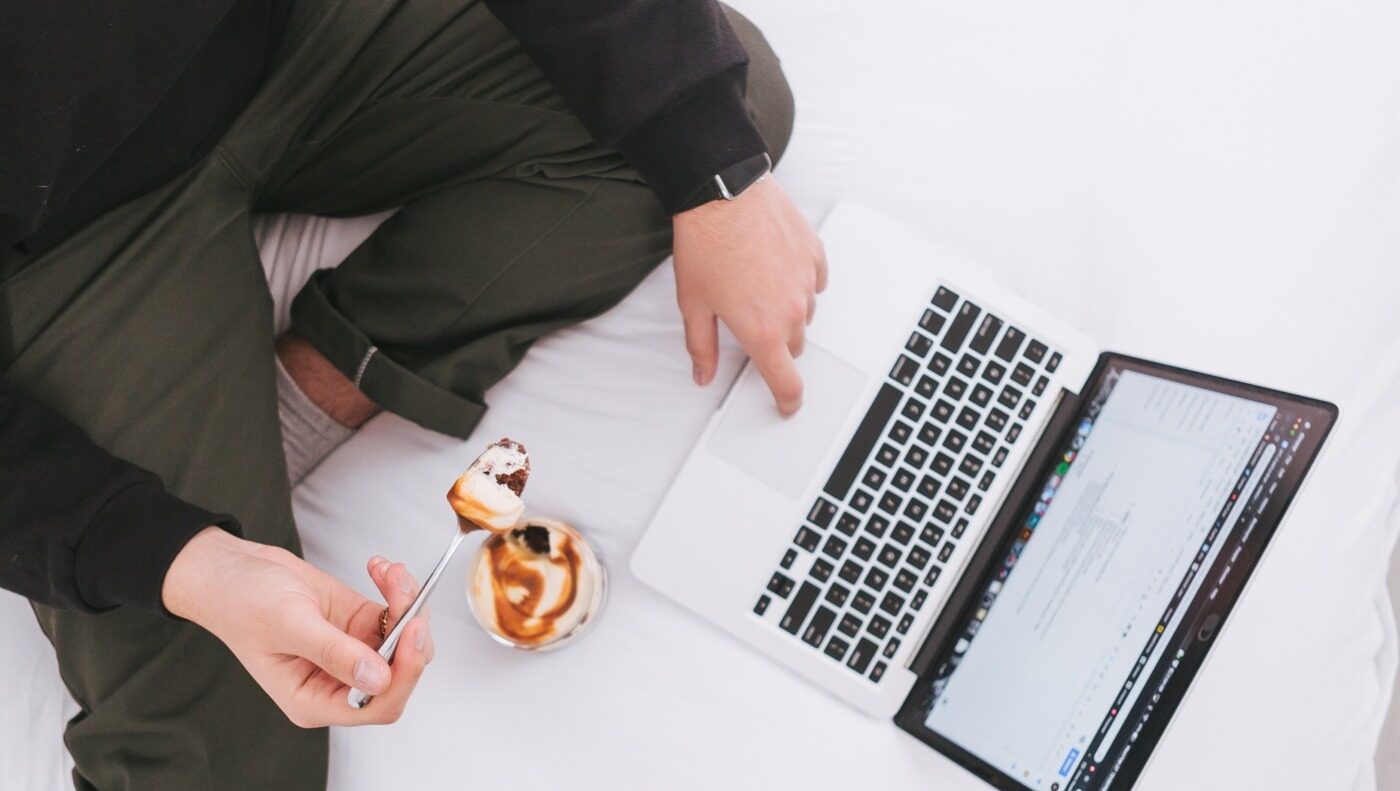Working from home is not the promised heaven on earth
The bees in the hive grumble, they complain that other bees are not virtuous, demanding their god, Jove, deliver them their utopia. After much pestering Jove, frustrated, gives in, and grants the bees their greatest desire. But suddenly the hive collapses, industry has dried up, productivity has crumbled, and the bees strive for nothing, their motivation gone. They got their utopia, at the cost of everything else.
So begins Bernard Mandeville’s poem The Grumbling Hive, the basis of his Fable of the Bees. We may proclaim that working from home is the utopia we aspire to, but this poem raises the question – at what cost will this come, and will it really be as promised? This last year has shown that many workers’ long-term dream turned out to look more like a nightmare.
As students, many of us have experienced this first hand. Freshers have had no chance to create a support network whereas returning students have had their support networks tried, tested, or destroyed. As someone whose own network has crumbled, essentially leaving me alone in my room, I am automatically inclined against this push to work from home. Doing everything in your life confined to one place is depressing, isolating and incredibly boring. Above all, there is no life – you become a worker drone.
After a year of sporadic working from home, the difference is huge. A large problem is the atomisation of workers: your entire life, work, and leisure roll in to one whilst you struggle to maintain true connections with anyone from work. If you eat, work, sleep, and exist solely within a single space you cannot draw meaningful distinctions in life. To have structure and productivity this separation is vital.
It requires a special motivation in the long run to live your life in a pod, and this is untenable and undesirable
CGP Grey made a wonderful reflection on lockdown productivity, identifying many issues applicable to mass home working. My take from this is that it requires a special motivation in the long run to live your life in a pod, and this is untenable and undesirable. Physical environments matter for your mental realm. Some may respond that working from home allows you to stay more relaxed, but this is a fantasy. In reality, there is often no space for relaxation as work and study consumes your entire environment. Everything merges into a grey mass, and you have no escape valve. In short, working from home can be suffocating.
Work is as much a social environment as a way to earn your way in the world. For some it is their only social scene, and so when this was stripped away, people were not only distanced from their jobs but also from other people. We also run the risk of more intrusive technological methods to track employees, invading privacy not just at work, but technically at home too. The debate over proctoring for online university exams is intense and ethically complex enough – imagine the debate over 24/7 monitoring of your employees at their place of work, that is, their home.
The trade-offs for both employer and employee with mass working from home are not at all worth it
The utopia of working from home runs into another snag, the initial burst of productivity and novelty wears thin fast. Take the online student experience since March. It is cosy enough to start and you manage to get your work done vaguely on time as student standards go. But you realise you have not left the house in days, that the dream of endless leisure time has been subsumed by work. Then you see your support networks have dried up and that all your time is spent alone, isolated, and unmotivated. You realise the dream was just a dream. You realise Jove’s reluctance was correct: the bees cried out for their utopia, but when it was imposed on them, they were not suited to it.
The road to hell is paved with good intentions, or so the saying goes. As a result of 2020 and 2021, this utopian illusion of home working has been shattered. Everything has a trade-off and as with all measures taken since March there will be intended and unintended consequences. The trade-offs for both employer and employee with mass working from home are not at all worth it.
This last year has subjected us to being glued to our screens, living in our workplace, patchy Wi-Fi, and a collapse of the social world. If this is our home working future, a world devoid of opportunity, risk, and excitement, where we have no separation of work and leisure, then count me out.

Comments